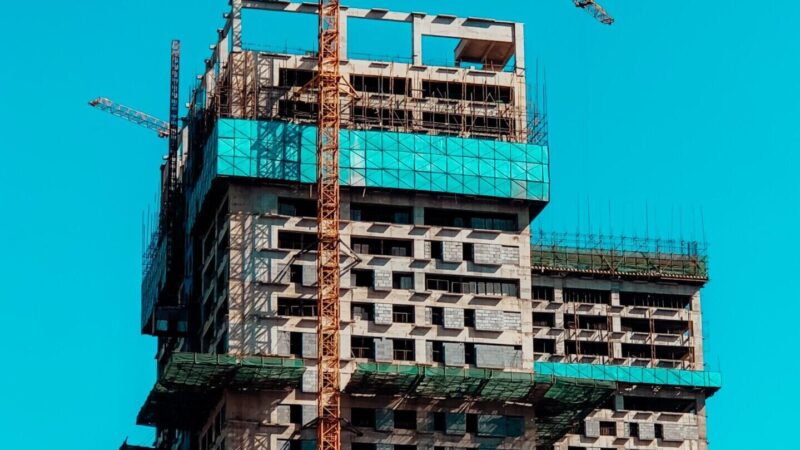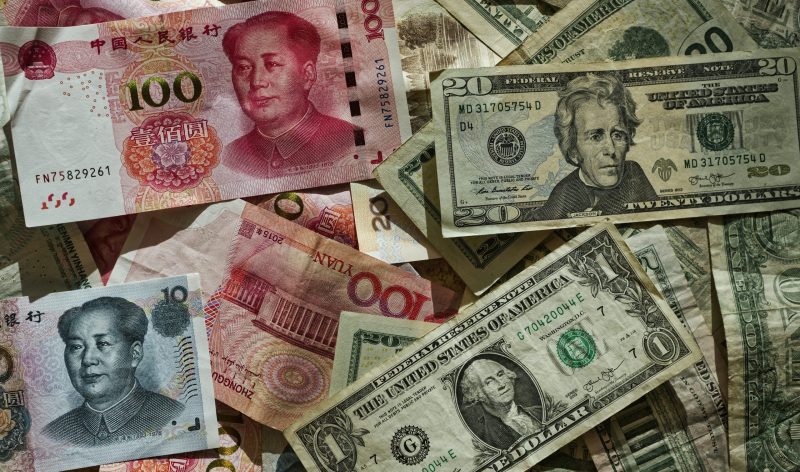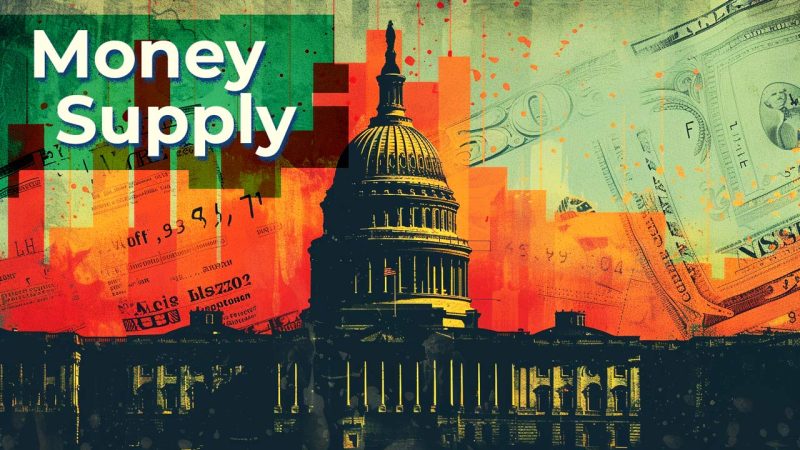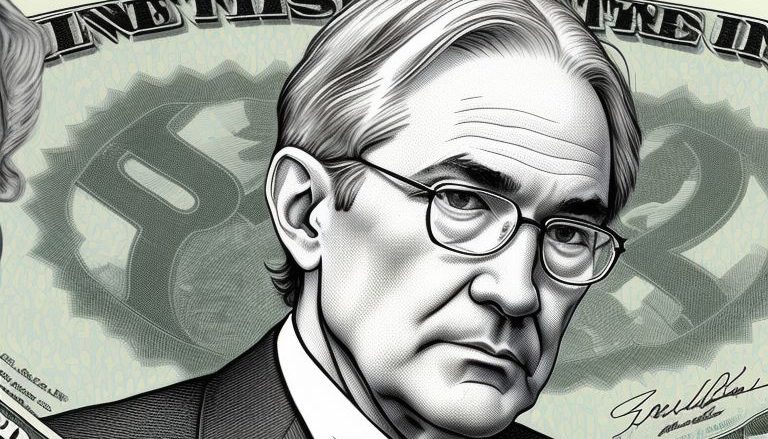A senior Chinese banker chinese in on peculiar mortgage in China and a growing revolt on payments.
In an article translated by Pekingnology, a Senior Chinese Banker chimes in on China’s Mortgage Boycotts.
This article was originally published by Mish Talk.
The mortgage boycott, revolt, strike, or crisis is not a small deal. Wang Yongli, former deputy governor of the Bank of China (one of China’s four largest state-owned lenders), recently wrote a piece on the root cause and offered his policy advice.
A very brief summary of the translation below: Mortgages in China are different in that they are extended by banks to homebuyers before the apartments are built and that they are backed not just by the apartments, but also by the homebuyers’ personal credit. Not only significantly disadvantaging homebuyers who pay the full amount before even seeing their apartments and put their other assets on the line to get the loan, the arrangement – dubbed mortgages with Chinese characteristics – also incentivizes banks to overlook risks in the buildings they are financing since they can go after the homebuyers’ other assets. Wang Yongli says that must stop.
Under this arrangement, buyers actually provide a large amount of interest-free funds for the developers (establishing a form of entrusted agent construction), which greatly reduced the capital cost and financial risk of the developers, and provided a source of income for banks (the interest of the mortgages) and government (real-estate related revenue). The arrangement makes developers a darling in the eyes of banks and the government and puts all the risks on buyers.
As a result, developers will take all possible measures to expand the pre-sale of apartments. They then use the money to expand their business, such as purchasing more land, slowing down the construction of the apartments that have been paid for to take more advantage of the interest-free funds, or even cutting corners on the building quality and their supporting facilities. Once the developers cannot deliver the apartments on time or with good quality according to the contract, the scattered and (structurally) weak buyers can hardly protect their own rights and interests.
The current wave of “mortgage suspension” by buyers/borrowers to defend their rights is a result. This risk has existed for a long time and has accumulated in large quantities, and it is only a matter of time before it explodes. Its outbreak is only a matter of time. Therefore, we must find out the root cause of the problem, solve it as soon as possible, and eliminate the hidden danger.
Michael Pettis Chimes In
- Pekingnology has translated an interesting article by a former deputy governor of the Bank of China (one of China’s “Big Four” banks) on the different ways in which mortgages in China have evolved.
- What strikes me about this article is how pro-cyclical a process is in which homebuyers can take out mortgages on apartments that are still years away from completion.
- In a period of inexorably rising property prices and expanding liquidity, a mortgage system that accommodates extensive amounts of pre-selling is good for the property sector.
- It provides cheap and very flexible financing for property developers, who use this financing not for its intended purpose but rather to accelerate property development generally and to boost property prices further.
- The problem is that once we can no longer count on inexorably rising property prices and expanding liquidity, the sudden and violent drying up of this source of financing must also hurt property development generally, and force property prices further down.
Massive Bailout Proposal
Wang Yongli calls for a bailout of the buyers and says the local banks should “suspend buyers’ obligation in the mortgages, and sign the corresponding tripartite agreement with the developer and the buyer.”
I am routinely against all bailouts and this one is no exception. However, I expect a bailout of some sort is likely in the works.
Q: Why?
A: If there is no bailout, mortgage holders will default and that will cascade to banks.
However, this could take years or more to unwind, with property prices sinking the whole time.
The bursting property bubble will impact consumer demand and place still more pressure on exports as a means of growth.
Is Low inflation in Japan and China a Sign of Strength or Weakness?
A Financial Times article made the claim “China and Japan have managed inflation well, despite being exposed to big surges in energy and food costs.”
For at least a decade, China has managed nothing well, especially its property bubble and Covid. And now it’s payback time. China’s property bubble has popped and imaginary wealth has evaporated.
This is very bad for domestic consumption which makes China all the more dependent on exports when it really needs consumer strength.
For further detailed discussion of Export mercantilism in China, Japan, and Germany please see Is Low inflation in Japan and China a Sign of Strength or Weakness?





